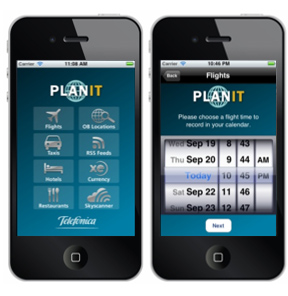We all know technological development and discovery are advancing at a rapid pace, but conventional educational programmes are struggling to keep up. A more practical approach to learning has emerged through Digital Skills Academy programmes. By working with industry partners, our participants are able to combine practical experience with up to the minute learning.
There are a number of factors driving this change. First, technology now develops so fast that much of what is taught in a conventional degree over three or four years is out of date by the time a student has graduated and started looking for work.
Second, the actual work a graduate with a tech degree does will be far more specific than anything that can be practically taught on a conventional degree. This means on-the-job training is inevitable, necessary and desirable.
Third, roles and project management methodologies are also changing rapidly as more efficient methods of completing projects are devised. Employees need to be able to hit the ground running.
Experience working on real world projects is the only way to see and learn how technological products come together. A graduate who has seen first hand how a series of failures can lead to a successful product is more valuable to an employer than one who has only read about it.
A previous industry partner, UPC, explain the benefits participants get from working on real-world projects.
Putting theory into practice is particularly important when it comes to organisational methodologies such as Agile and Scrum. On paper, they are in some ways opaque and abstract. It is only in the doing that the fluid effectiveness of these approaches becomes clear.
Simply put, there is no handbook for interacting with other people. Every person is different and reacts to each situation differently. It is only through working together, resolving differences, solving problems and learning to communicate effectively that we can develop leadership and teamwork skills.
Any theoretical approach to problem-solving is never quite a perfect fit for the real world problem. Unlike a spanner, that is designed to fit a particular bolt, project methodologies need creativity to adapt them to real world situations.

Example of an App developed by our participants for Telefónica.
The rigour and standard expected in a real-world project are far higher than in a college setting where the only thing at risk from failure is a low grade. Getting used to the pressure of a real world project is an invaluable experience.
In a real-world project, the people you work with are people with positions in the industry. A real world project is an opportunity to stand out and quickly get situated in the industry.
Sitting in front of a technical officer as they read your documentation is a lot different to having your friendly lecturer mark it in their office. Real world projects provide a much clearer understanding of how companies outline their specs and what is involved in meeting client requirements.
Only by participating in real-world projects can a student experience being an active stakeholder. This allows them to recognise the importance of commitment and the value of group effort to you as individual as well as to the success of the project.
Interested in finding out more about how our industry partner projects work? Join our next live chat Q&A information webinar where our academic and curriculum leads will walk you through our industry partner programme.